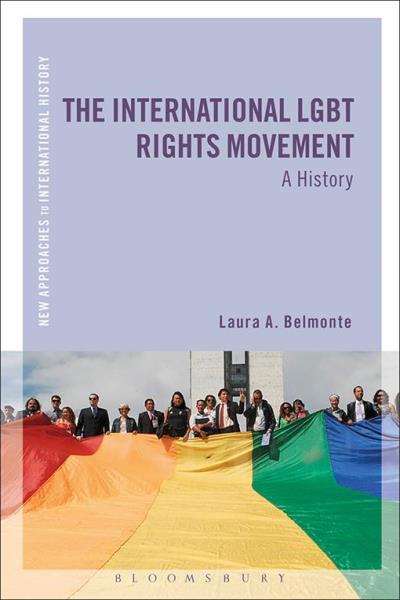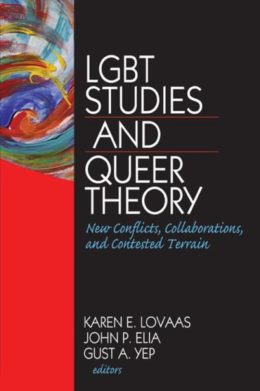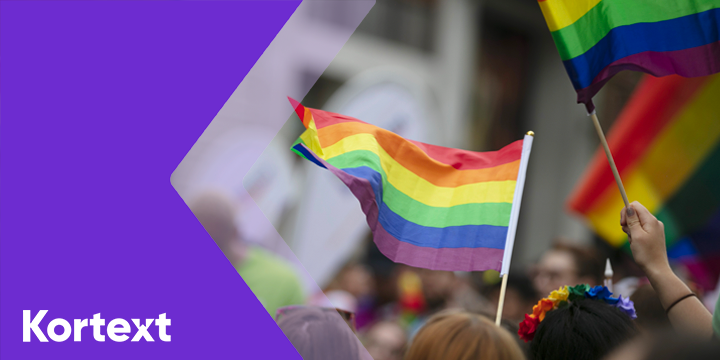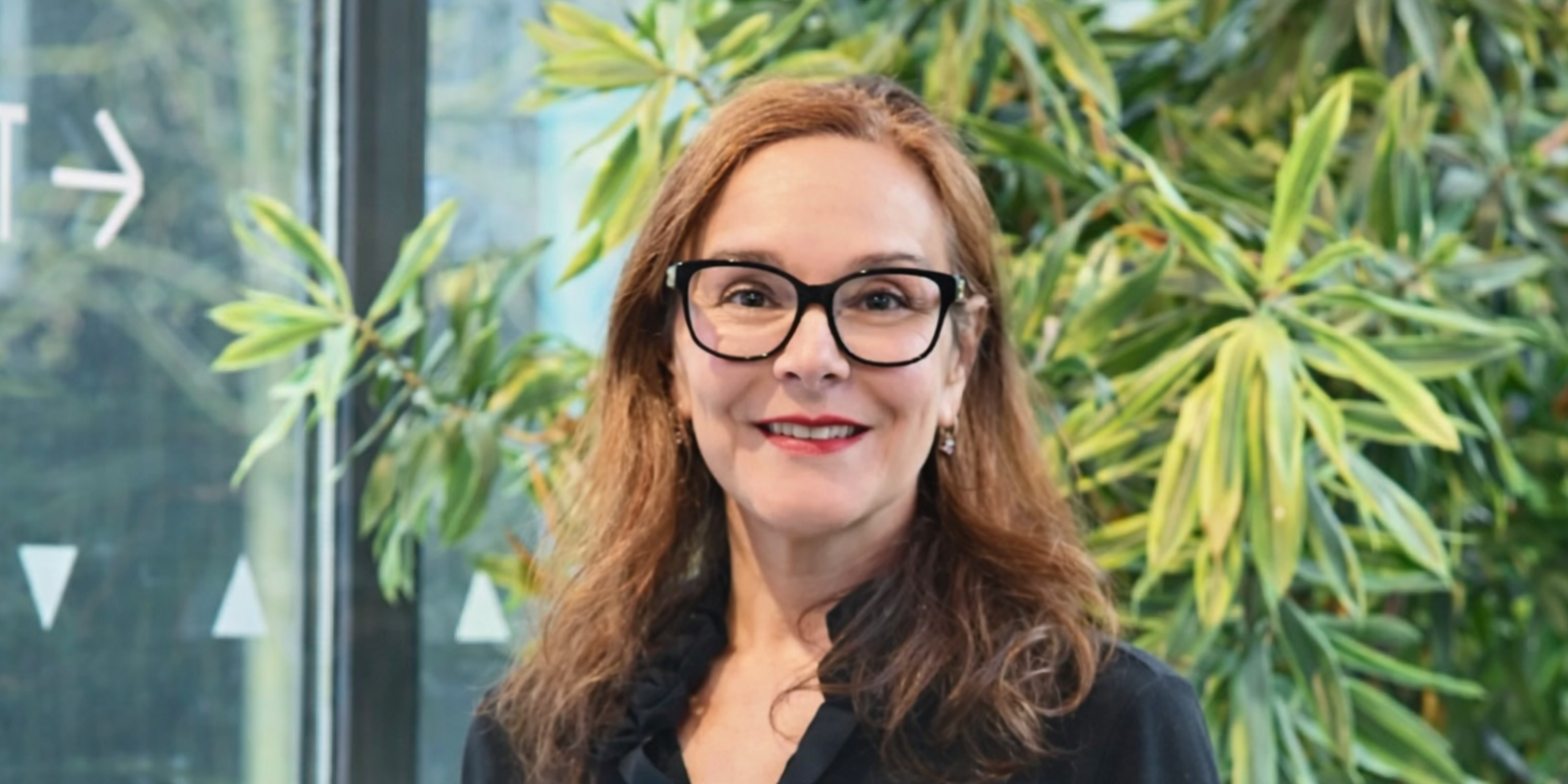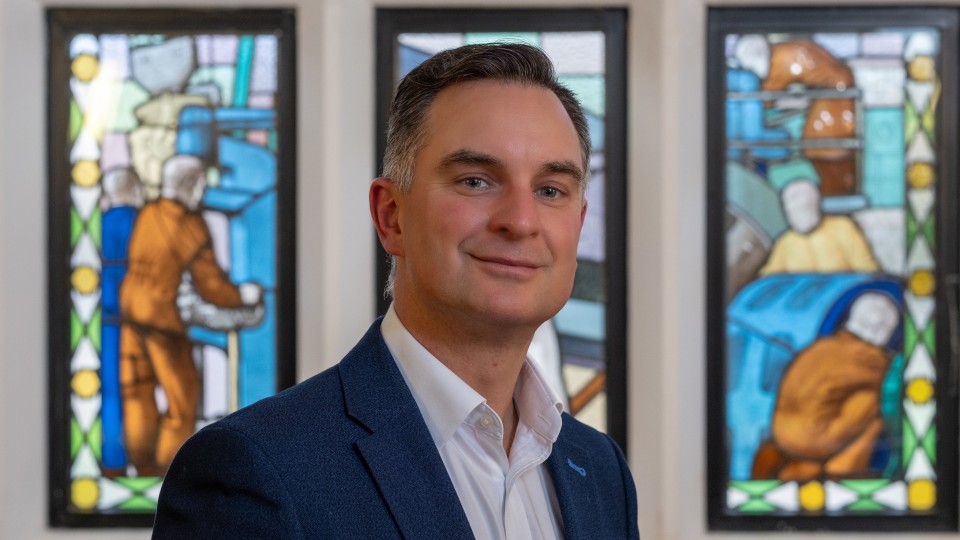LGBTQ+ History Month was first observed in the US in 1994 and made its way across the Atlantic to the UK in 2005.
It is a month-long celebration of lesbian, gay, bisexual, trans and non-binary history, including the history of LGBT+ rights and related civil rights movements to raise awareness of, and combat prejudice against, LGBTQ+ people and history.
Celebrated in February each year, LGBTQ+ History Month coincides with the 2003 abolition of Section 28, a law passed in 1988 which prevented ‘promoting the teaching of the acceptability of homosexuality as a pretended family relationship’.
Although it took a significant amount of time, the UK has come a long way since 1988, with our government unveiling new regulations for teaching Relationships and Sex Education in England in April 2019.
Under the new regulations, at secondary level all schools must teach about sexual orientation and gender identity. At primary level, all schools must teach about different family types, which can include LGBTQ+ families.
If you left secondary school before September 2020, which most of you would have, now is an excellent chance to increase your knowledge of the LGBTQ+ community.
Why should I educate myself on LGBTQ+ History?
Having a well-rounded knowledge of the history of the LGBTQ+ community will make you aware of the hardships the community have faced and are still facing today, as it is still illegal to be gay in 43 countries worldwide.
Making yourself aware of the LGBTQ+ community will not only increase your knowledge of the above, but it may also help you to become an ally and speak up for what’s right, supporting equality by fighting for policies that protect LGBTQ+ individuals from discrimination.
Why is it important to learn about LGBTQ+ in a higher education setting, and should resources be provided?
In a recent survey published by Wonkhe in partnership with Kortext, university leaders agreed that inclusion is ‘vitally important’.
That said, in order to be fully inclusive, having a level of understanding of the LGBTQ+ community and the adversities they face on a daily basis is fundamental to the providing a true sense of ‘belonging’; a concept that is integral to student experience.
Providing learning resources to increase knowledge and awareness of LGBTQ+ is a topic that was openly supported when the conversation naturally moved on to the need to increase ‘literacy’ surrounding discussions of belonging, well–being and inclusion.
The survey participants expressed their feelings that there is a gap between disciplines and their confidence to address wellbeing and inclusion, suggesting that small changes such as ensuring EDI is addressed as a substantive item in university committees rather than consistently appearing at the bottom of the agenda, could make a difference.
How can I educate myself on LGBTQ+ History?
Kortext has specially selected a range of resources available on the platform that will help you to understand LGBTQ+ issues, as well as consumable media and links to websites for advice.
LGBTQ+ Books
Our friends over at KeyLinks (Reading List Management System) were kind enough to put together a list of LGBTQ+ books and media for you. We’ve picked out a few below, but for the full list, click here.
Books
The Secret Lives of Church Ladies
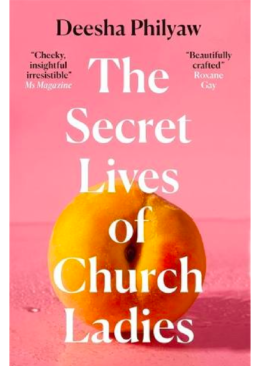
They Both Die at the End
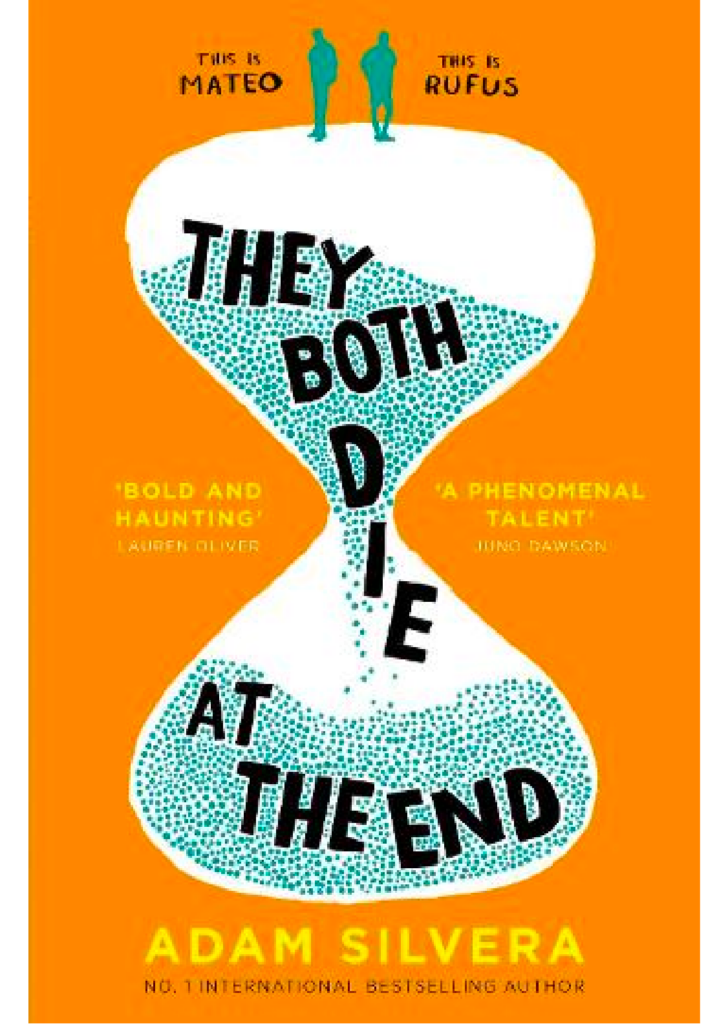
The International LGBT Rights Movement
